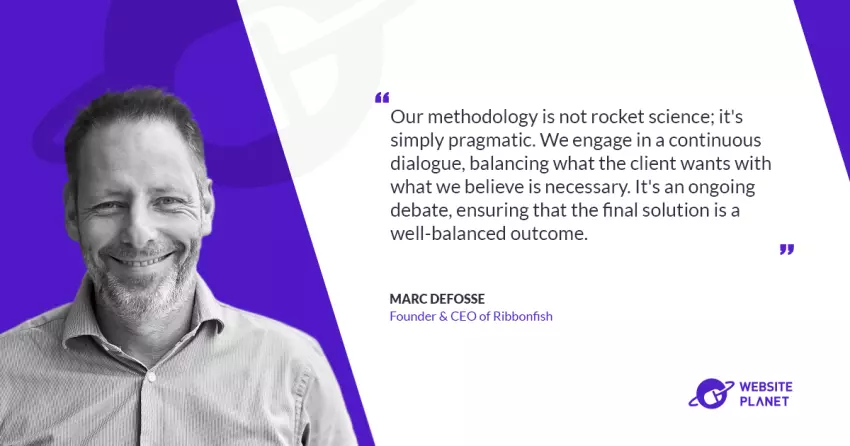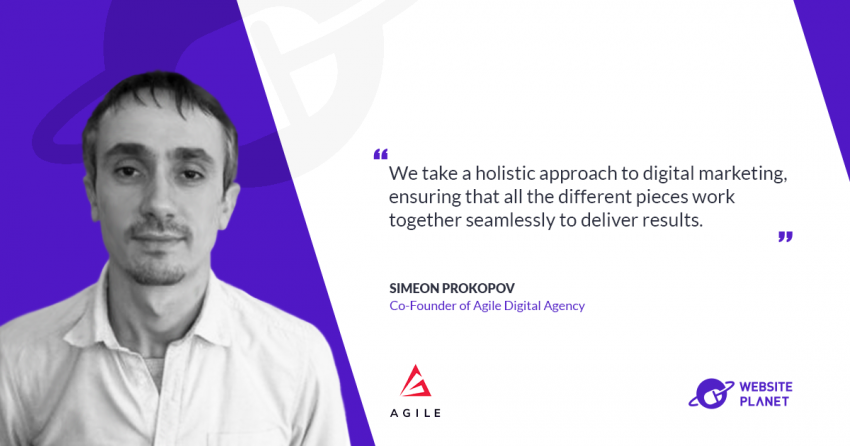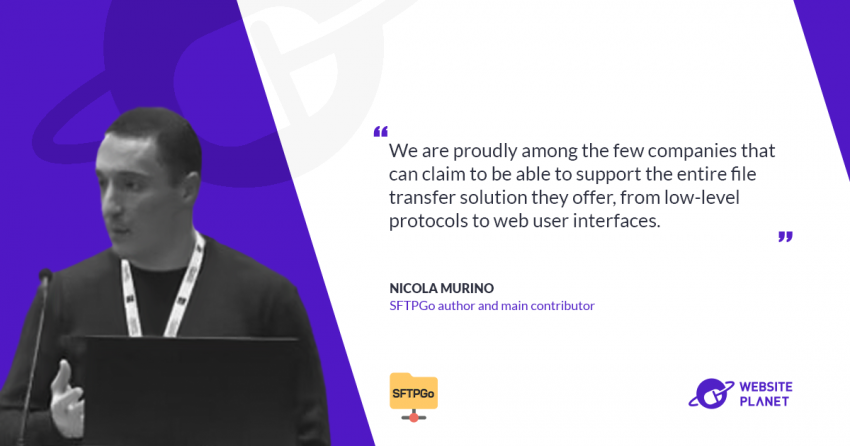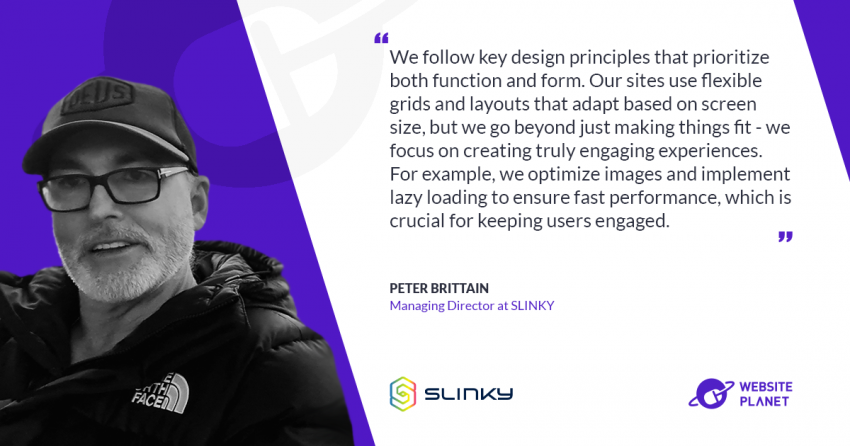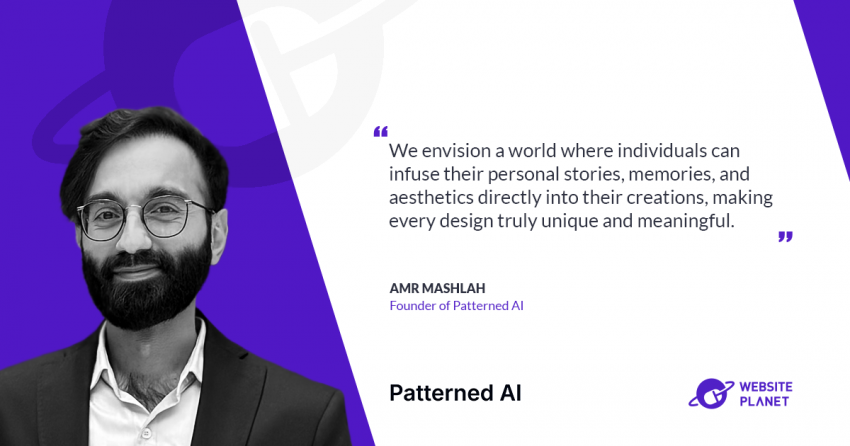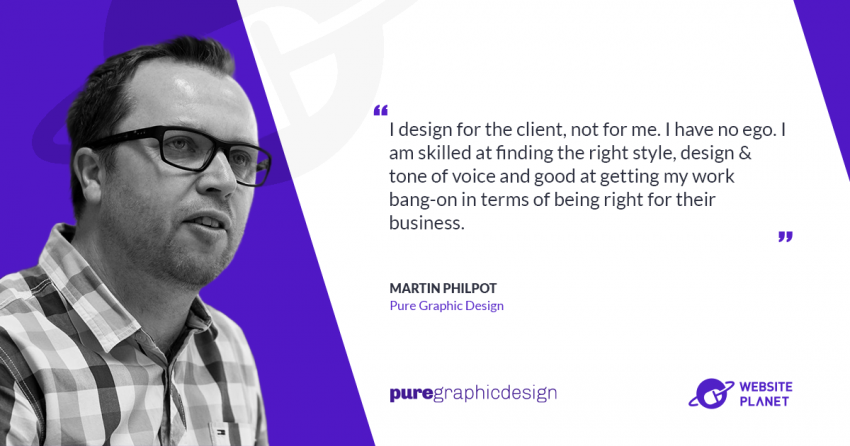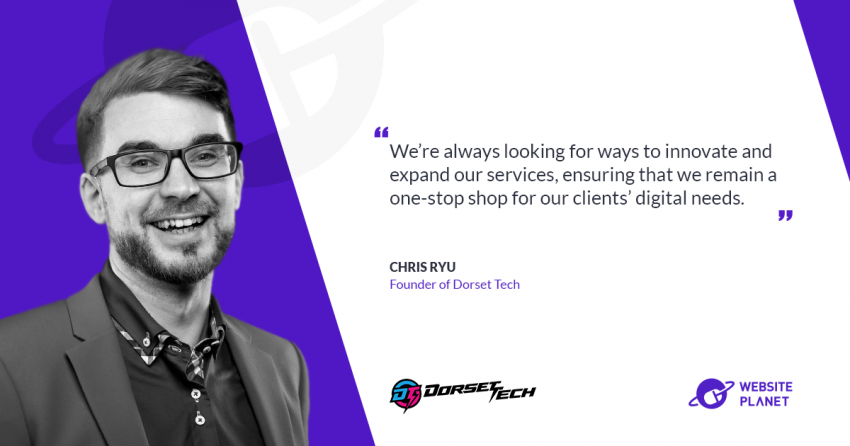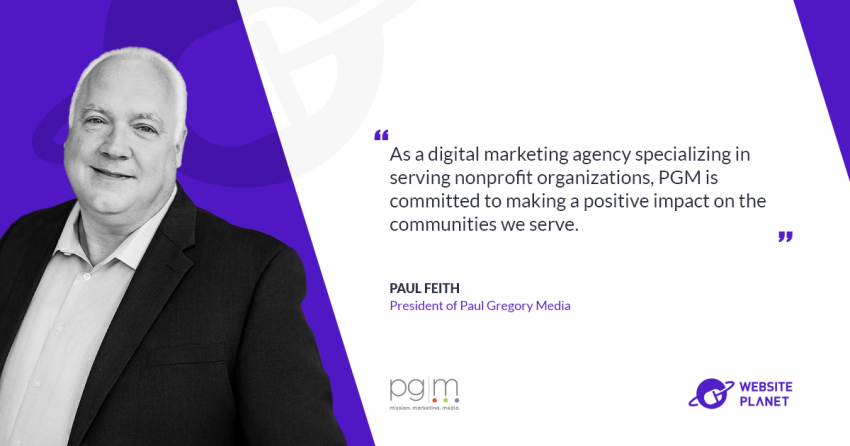Introducing Ribbonfish, a dynamic software consultancy shaping the landscape of vertical business solutions. Specializing in platforms like Salesforce, Ribbonfish boasts a unique team of 30 individuals, headquartered in the UK but globally distributed, with a significant presence in India.
Founded in 2008, the company’s evolution traces back to accidental beginnings, navigating challenges, and expanding into the US market in 2014. Today, Ribbonfish stands out for its pragmatic approach to system reviews, a commitment to quality implementation, and a holistic end-to-end strategy that prioritizes transparency and collaboration with clients.
In a conversation with Marc Defosse, the founder of Ribbonfish, conducted by
Website Planet, we explore Ribbonfish’s unique journey, service offerings, and vision for the future in an industry poised for transformation.
Please present Ribbonfish to our audience
Sure, we are a software consultancy primarily dedicated to delivering vertical business solutions on various platforms. Currently, our platform of choice is Salesforce, but over the years, we’ve also worked on other platforms like SharePoint and open-source ones such as WordPress. Our focus is on implementing these solutions and expanding them to include integrations with external systems, such as websites, order management systems, warehouses, ERPs, etc.
Our typical projects are relatively large, starting at around 30K and going up to 700K. What makes us unique in the UK space is our size – we’re a team of 30 people, but our largest customer is American, and interestingly, we are owned by a Frenchman. Additionally, a significant part of our workforce is based in New Delhi, India. We’ve been in operation since 2008.
Please describe the story behind the company: What sparked the idea, and how has it evolved so far?
Absolutely, the journey to founding the company was more accidental than intentional. I arrived in the UK in 2004, initially doing contracting work for a CRM company called Unix Software, a company I had previously worked for in Australia. I transitioned from France to Australia to the UK, and during my time here, I worked on contracting projects for local authorities like Islington and Ealing.
The pivotal moment came when I was offered a job to project manage the delivery of a book management system for an education publisher using the CRM platform. This involved extending the existing CRM system to handle the complexities of managing the entire production sequence for books. Despite not having much knowledge about publishing at the time, I took on the challenge from 2006 to 2007.
In 2007, I faced a falling out with my ex-employer, for whom I was contracting. The disagreement arose over the need for more reporting versus addressing fundamental project issues. Consequently, I took over the project from 2007 to 2008.
In 2008, amidst the financial crisis and job uncertainty, I reached out to a previous client, Palgrave Macmillan, offering my services at a reduced rate. This turned out to be a turning point. Initially tasked with fixing bugs, the scope expanded when they needed to implement a similar solution for their sister company. I provided a critical review of a quote they had received from my ex-employer and eventually took on the project, delivering it successfully.
Our entry into the US market came in 2014 when the Basingstoke and Oxford divisions in England were closing down. Having minimal connections, I approached the CEO I had met once, offering assistance. This led to a meeting in New York and eventually transitioning to Salesforce, despite my initial lack of familiarity with the platform. Through learning and determination, I built a proof of concept, securing a contract with Macmillan in the US.
Since then, we’ve continued our journey, expanding our presence in the US and focusing on Salesforce implementations, marking a significant evolution from our accidental beginnings.
In the realm of system reviews, what methodologies does your team employ to ensure a comprehensive analysis, and how do these reviews contribute to increasing efficiencies for your clients?
When conducting system reviews, we essentially focus on two aspects: implementation and helping clients determine their objectives. While we don’t adhere to a specific acronym or methodology like “Don’t Cry System,” we approach it pragmatically. Our process involves extensive communication with clients, delving into their existing systems, identifying issues, and distinguishing between recent and legacy systems.
When it comes to defining requirements for applications, we incorporate a somewhat persistent French approach, questioning decisions and behaviors. We challenge why certain processes are in place, encouraging clients to reconsider inefficient systems or manual processes. Each review becomes an exploration, aiming to uncover the true needs and desires of the clients.
Our methodology is not rocket science; it’s simply pragmatic. We engage in a continuous dialogue, balancing what the client wants with what we believe is necessary. It’s an ongoing debate, ensuring that the final solution is a well-balanced outcome.
Could you elaborate on the types of support services your company provides, and how these services contribute to ongoing success and satisfaction for your clients?
That’s an excellent question. Our approach is to prioritize implementation before delving into support. We believe in delivering a quality job before discussing ongoing support. Unlike some companies that push additional services before even starting the work, we focus on completing the job satisfactorily first.
Once the implementation is successfully finalized, we offer various levels of support. An interesting development has been our recent initiative to allocate a set number of days for maintaining the application. Clients can choose between 2 to 8 days a month, and we always approach support as a partnership. We aim to complement our clients’ teams, recognizing that they may not always have the answers or the manpower. We steer away from the approach of proclaiming our superiority and making clients feel inadequate.
Maintaining a balance between implementation and support can be challenging, as they require different skill sets. Nevertheless, we make an effort to involve the same individuals who handled the implementation in the support phase. We avoid relying solely on third-line support with less familiarity with the project, ensuring our clients receive consistent, knowledgeable assistance.
Our goal is to provide value to the customer, ensuring ongoing success, and creating opportunities to expand and enhance what we deliver to them.
How does your company’s holistic end-to-end approach differentiate itself in streamlining workflows and transforming processes compared to other consultancy firms?
Absolutely. In comparison, what we strive for is honesty and transparency. Having worked at Accenture, I’ve seen instances where clients were invited for dinner, but it was essentially the client paying. I aim to be transparent, charging clients only for what is reasonable and not adding unnecessary costs. During the initial quoting process, we make a sincere effort to provide a realistic estimate, understanding the delicate balance between being open and the competitive nature of the industry.
We prefer to be upfront, delivering everything the client needs, even if it means absorbing some costs. On a typical project, we might absorb 5 to 10% on our side because, in reality, estimating everything accurately is challenging. I believe it’s more valuable to spend time delivering than getting into debates about scope, which can strain the client relationship.
While our delivery may not always be perfect, we adopt a proactive approach, aiming to go above and beyond. Building strong relationships is crucial, and we have successfully maintained good ties with all our clients. Our delivery model often involves a blended team, integrating both our resources and the client’s. This collaboration serves two purposes: it promotes a holistic end-to-end approach, and it ensures the client’s team can manage the system independently when we conclude our work.
Given our limited size, with 30 team members split between the UK and India, we recognize that on some projects, we may not have the capacity to handle everything internally. Engaging the client’s resources in our projects not only addresses this limitation but also provides a learning opportunity for them and allows us to leverage their expertise. It’s a win-win-win situation that benefits all parties involved.
How do you envision the future of your industry?
It’s a great question. Undoubtedly, AI is poised to play a significant role. However, understanding how AI will transform our industry is complex. There are risks involved, and it necessitates a level of intelligence and learning speed that surpasses human capabilities. We, as individuals, need to adapt and learn how to leverage AI effectively. Larger consultancies are already utilizing AI, but the challenge lies in balancing its use and maintaining a human touch where it matters.
AI will undoubtedly bring about a transformative balancing act in our industry. We need to be cautious not to replace ourselves with robots and strike a balance between using AI wisely and staying true to our human aspects. It’s not just about profits; it’s also about community and making a positive impact in the world.
For Ribbonfish specifically, our industry often involves one-off projects, which leads to a constant race for new clients and projects. To address this, we aim to productize some of our specialized solutions, allowing us to offer rinse-and-repeat solutions rather than reinventing the wheel every time. Expanding our support services and bringing more products to market will contribute to our overall success.
Moreover, the time difference in offshore operations can be challenging. We’ve strategically leveraged our Indian team, initially set up to support US clients, to now work on UK projects as well. This approach has enhanced our ability to work around the clock and has proven successful.
Looking ahead, the industry might see a shift towards remote work. While some companies may continue with remote setups, others may return to the office due to the social element that offices offer.
Personally, I believe in a balance, advocating a policy of two days in the office and three days remote. Face-to-face interaction fosters efficiency and problem-solving, aspects that might be overlooked in a fully remote setup.
Check out the website: www.ribbonfish.co.uk
